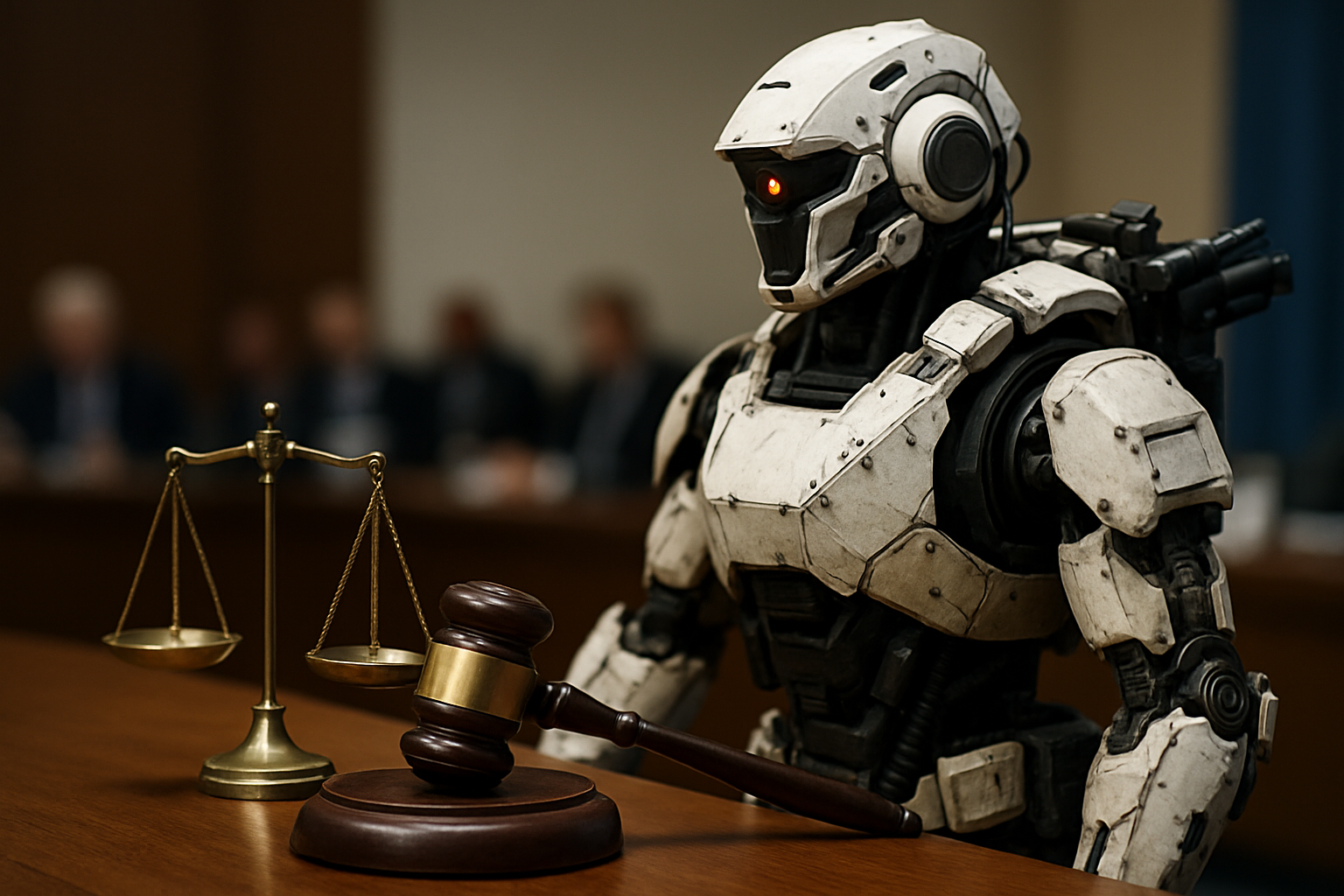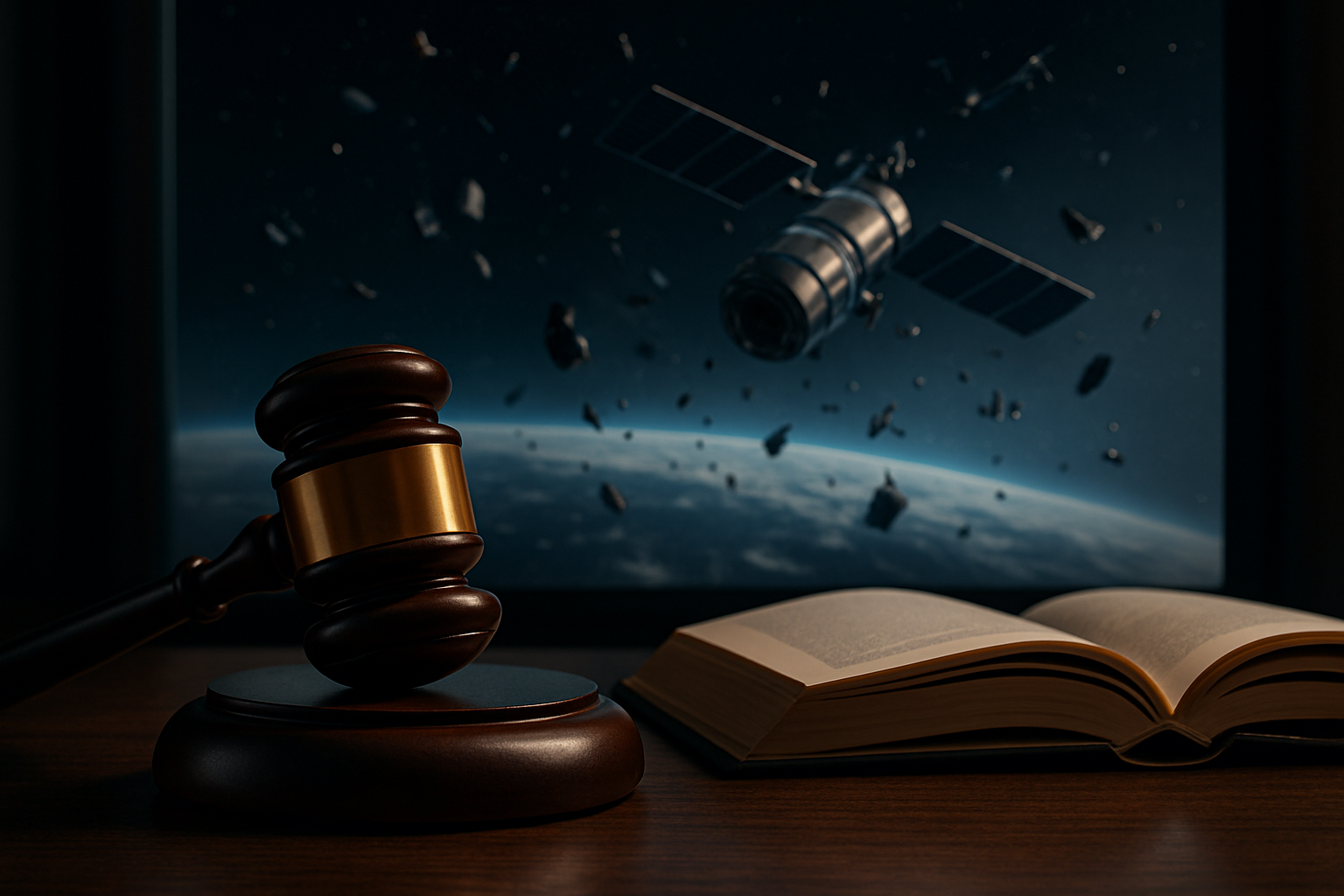The Legal Labyrinth of Algorithmic Decision-Making
Introduction: In an era dominated by artificial intelligence, the intersection of law and algorithmic decision-making presents a complex frontier. As algorithms increasingly influence crucial decisions in areas like finance, healthcare, and criminal justice, legal systems worldwide grapple with unprecedented challenges. This article delves into the intricate legal landscape surrounding algorithmic decision-making, exploring its implications for justice, accountability, and human rights.

Transparency and the Black Box Problem
One of the most pressing legal issues surrounding algorithmic decision-making is the black box problem. Many advanced algorithms, particularly those utilizing deep learning, operate in ways that are opaque even to their creators. This lack of transparency poses a significant challenge to legal principles of due process and the right to explanation. Courts and legislators are grappling with how to ensure accountability when the decision-making process is hidden within complex neural networks. Some jurisdictions have begun to implement right to explanation laws, requiring companies to provide clear justifications for algorithmic decisions that affect individuals.
Bias and Discrimination in Algorithmic Systems
Algorithmic bias has emerged as a critical concern in the legal realm. Numerous studies have shown that AI systems can perpetuate and even amplify existing societal biases, leading to discriminatory outcomes in areas like hiring, lending, and criminal sentencing. This has sparked debates about the application of anti-discrimination laws to algorithmic decision-making. Legal scholars are exploring how traditional concepts of disparate impact and disparate treatment apply in the context of machine learning algorithms. Some jurisdictions have introduced legislation specifically targeting algorithmic discrimination, mandating regular audits and impact assessments.
Liability and Responsibility in AI-Driven Decisions
As algorithms play an increasingly autonomous role in decision-making, questions of liability become more complex. Who is responsible when an AI system makes a harmful decision? Is it the developer, the company deploying the system, or the algorithm itself? Legal systems are struggling to adapt traditional concepts of negligence and product liability to the world of AI. Some legal experts propose the creation of new legal entities for AI systems, similar to corporate personhood, to address issues of liability. Others argue for strict liability regimes that hold companies accountable for any harm caused by their AI systems, regardless of fault.
Data Protection and Algorithmic Decision-Making
The use of personal data in algorithmic decision-making systems raises significant privacy concerns. Many jurisdictions have implemented data protection laws, such as the European Union’s General Data Protection Regulation (GDPR), which include specific provisions on automated decision-making. These laws often grant individuals the right to opt out of purely automated decisions that have legal or similarly significant effects. However, the implementation and enforcement of these rights in practice remain challenging, particularly when dealing with complex, interconnected AI systems.
The Future of Legal Frameworks for AI Governance
As technology continues to advance, legal systems must evolve to address the challenges posed by algorithmic decision-making. Many countries are exploring comprehensive AI governance frameworks that go beyond existing laws. These frameworks aim to balance innovation with the protection of individual rights and societal values. Proposals include the creation of specialized AI courts, the development of certifications for AI systems, and the establishment of algorithmic impact assessment requirements. International cooperation is also emerging as a key focus, with efforts to develop global standards for responsible AI development and deployment.
In conclusion, the legal landscape surrounding algorithmic decision-making is rapidly evolving. As we navigate this complex terrain, it is crucial to strike a balance between fostering innovation and protecting fundamental rights. The coming years will likely see significant legal developments in this area, shaping the future of AI governance and its impact on society.






